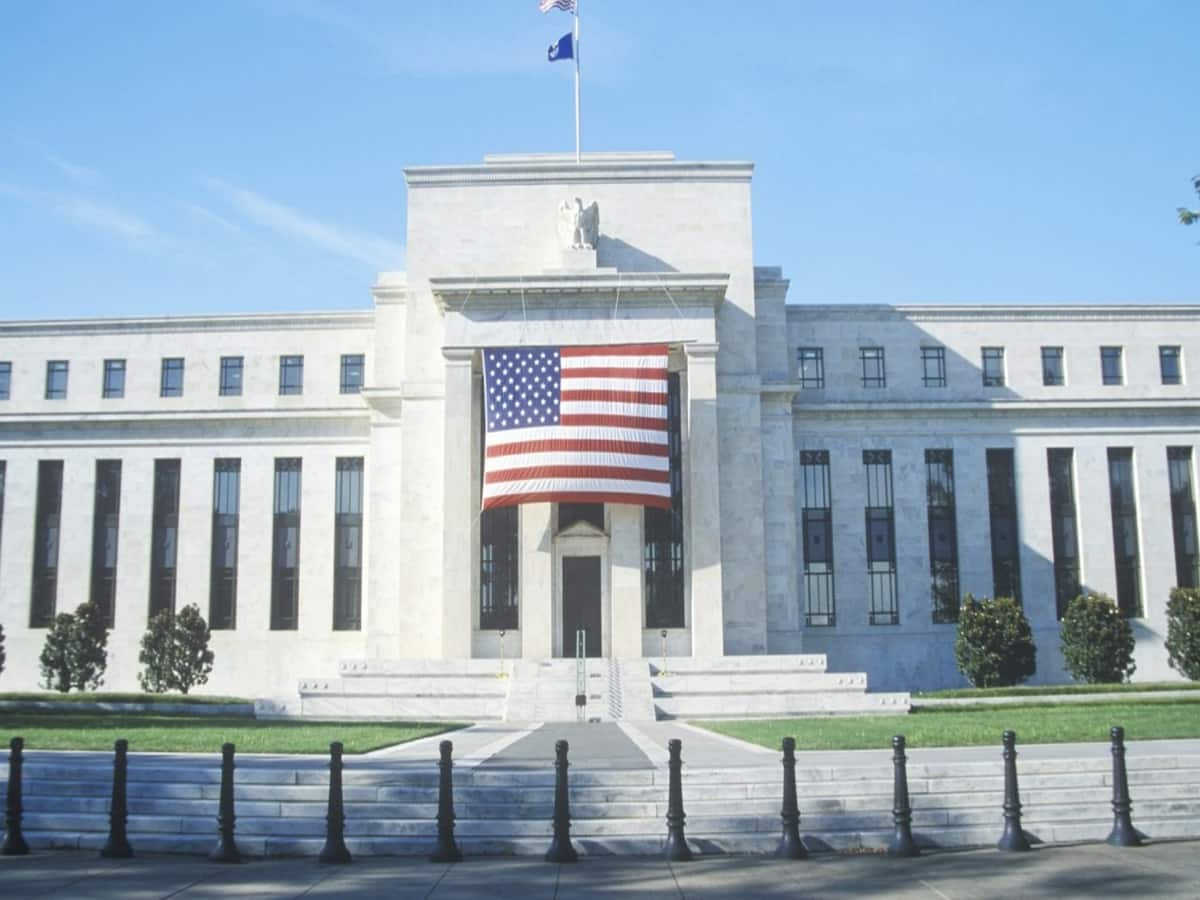Impact of the Recent US Federal Reserve Rate Cut on Global Markets
The United States Federal Reserve made a significant move on September 18 by cutting its policy rates by 50 basis points. This is the first rate cut in four years, indicating a potentially pivotal shift in monetary policy. While this aggressive decision may provide immediate support to the Indian equity markets, many experts express caution, suggesting that it may also highlight the Fed’s concerns over a potential economic slowdown in the US.
Market Reactions and Initial Responses
In response to the rate cut, GIFT Nifty futures on NSEIX surged by around 120 points shortly after the announcement, although this gain subsequently moderated. Additionally, US-listed American Depository Receipts (ADRs) of prominent Indian IT firms such as Infosys and Wipro initially experienced a spike but later showed declines of up to 1.8% on the following day.
Future Market Predictability
Given the fluctuations observed, industry analysts are cautious about predicting the trajectory of the Indian stock market following the Fed’s actions. Nonetheless, many suggest that the anticipated softening of the interest rate cycle could provide a boost to various sectors, including banking, finance, IT, and certain defensive stocks like FMCG and pharmaceuticals.
Expert Insights on Rate Cuts
According to Nilesh Shah, Managing Director of Kotak Mahindra Asset Management Company, the newly reduced rates are likely to stimulate foreign investments in emerging markets, particularly in regions like India where the dollar is weak and rates are low. Prior to the Federal Reserve’s announcement, most analysts had forecasted a 25 basis point reduction, but the actual 50 basis point cut has prompted expectations of a more profound market reaction.
Strategic Outlook for Emerging Markets
Kranthi Bathini, Director of Equity Strategy at Wealthmills Securities, posited that such a substantial cut would serve as a “booster” for emerging markets, especially considering the robust liquidity in India’s banking system. He emphasized the keen interest foreign institutional investors (FIIs) may have toward Indian equities, particularly given recent governance concerns in China, which could redirect investor focus towards India.
Sector-Specific Strategies Post-Cut
| Sector | Potential Benefits |
|---|---|
| Banking & Finance | Increased investment and improved lending rates. |
| Information Technology | Boost in demand due to potential financial and technological advancements in the US economy. |
| FMCG & Pharma | Stability in consumer demand and growth opportunities during uncertain times. |
| Real Estate | Increased investment opportunities as borrowing costs decrease. |
Caution Amid Optimism
Despite the initial positive reactions, there remain cautious voices in the market. Ajit Mishra from Religare Broking expressed concerns that the aggressive rate cuts may also signal a looming economic slowdown in the US, which could adversely affect market sentiments globally. He noted that while FIIs have shown a preference for Indian banking and NBFC stocks, there is a possibility that they might seek more lucrative options elsewhere.
Investment Strategies Moving Forward
Both Bathini and Mishra advocate for stock-specific strategies in the current climate. They recommend focusing investments in sectors like IT, private banks, FMCG, pharma, and real estate while exercising caution regarding PSU stocks due to their elevated valuations. As global economic data continues to emerge, staying alert to shifts in market trends will be critical for investors.
Conclusion
In summary, the Fed’s rate cut presents both opportunities and challenges for the Indian stock market. While it offers a potential boost to various sectors and could attract foreign investment, the long-term outlook remains uncertain. Investors are encouraged to remain vigilant and informed as they make decisions in this fluctuating economic landscape.
Disclaimer: The views expressed here are intended for informational purposes only and do not constitute financial advice. Investors are advised to consult with certified financial experts before making investment decisions.












